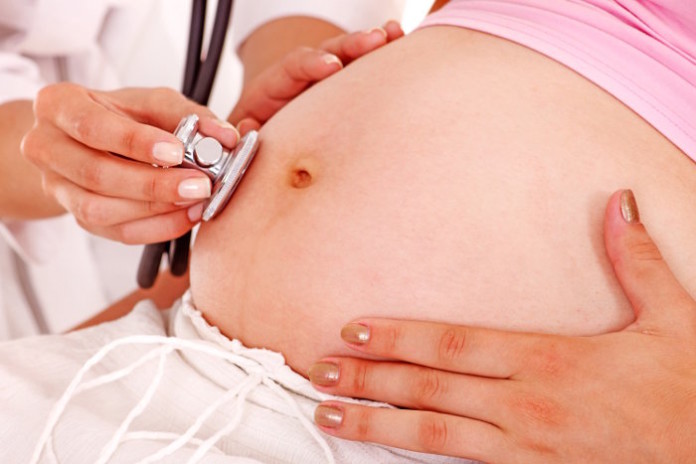Cytokines and chemokines are inflammatory chemicals that cells of the immune system produce and respond to in order to communicate with each other. In their study of approximately one thousand pregnant women, researchers from the University of California Davis Health System were able to provide evidence that increased levels of cytokines and chemokines increased the likelihood that a mother would give birth to a child that would eventually develop a condition consisting of both autism and intellectual disability.
Chemokines are involved in the regulation of migration, proliferation, and differentiation of neuronal cells, while cytokines influence neurogenesis, neuronal and glial cell migration, proliferation, differentiation, and synaptic maturation and pruning.
The inflammatory levels in mothers of children with this dual condition appeared different from mothers of children with autism only, mothers of children with intellectual disability only, and mothers of children with neither of these disorders.
“Their profiles are distinct from all of the other groups that we studied, based on their cytokine and chemokine profiles,” said Judy Van de Water, professor of Internal Medicine in the Division of Rheumatology, Allergy and Clinical Immunology and a researcher affiliated with the UC Davis MIND Institute.
The elevated levels of cytokines and chemokines during the second trimester of these women were especially surprising for researchers because these chemicals are usually down-regulated during this time. The researchers believe their findings indicate a disturbance in immune regulation as compared to healthy pregnancies of women who give birth to children without autism and/or intellectual disability.
The researchers arrived at their conclusion after conducting a population-based study with blood serum samples from mothers in the Kaiser Permanente Early Markers for Autism Study, obtained from the California Department of Public Health. All of the samples they used for analysis came from mothers who delivered their children between July 2000 and September 2003.
Out of nearly 1,000 mothers, 18.4 percent had children who developed both autism and intellectual disability, 20.1 percent had children who developed just autism, and 18.8 percent developed just intellectual disability. 42.8 percent of mothers had children with none of these conditions. Throughout the study, researchers measured mid-gestational blood serum levels of 22 different cytokines and chemokines, including M-CSF, IL-1Alpha, Il-6, IFN-Gamma.
“This study is incredibly valuable because it helps us understand more about the sources of variability within autism spectrum disorder, providing important insights into the different neurobiological mechanisms underlying important subtypes of the disorder,” said Leonard Abbeduto, director of the MIND Institute.
Scientists are beginning to hypothesize the cause behind cases of elevated second trimester inflammation. One idea is that changes in the immune environment during pregnancy disrupts the “neurodevelopmental trajectory” of fetal development. This series of interactions is then thought to result in the behavior phenotype that develops some time after birth referred to as “autism with intellectual disability.”
“Most importantly,” Abbeduto said, “This study brings us closer to knowing how to prevent adverse developmental outcomes.”
The study was recently published in Molecular Psychiatry.
Source: LabRoots











































